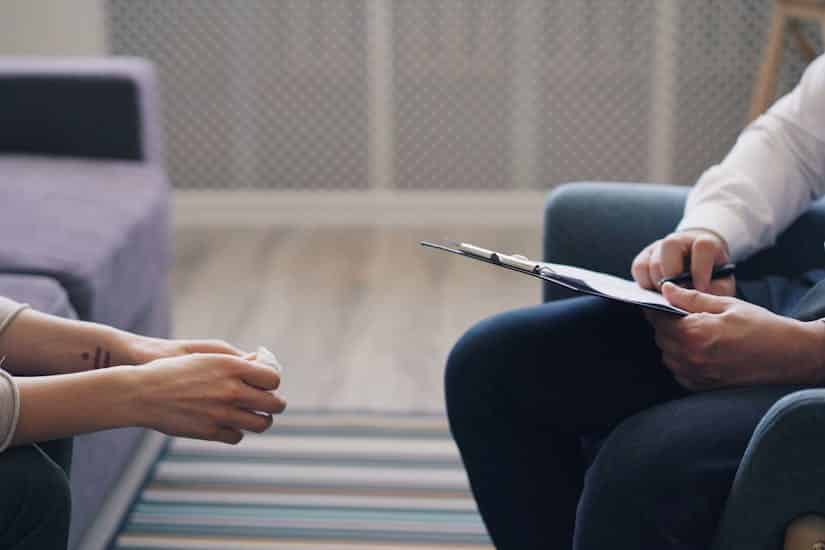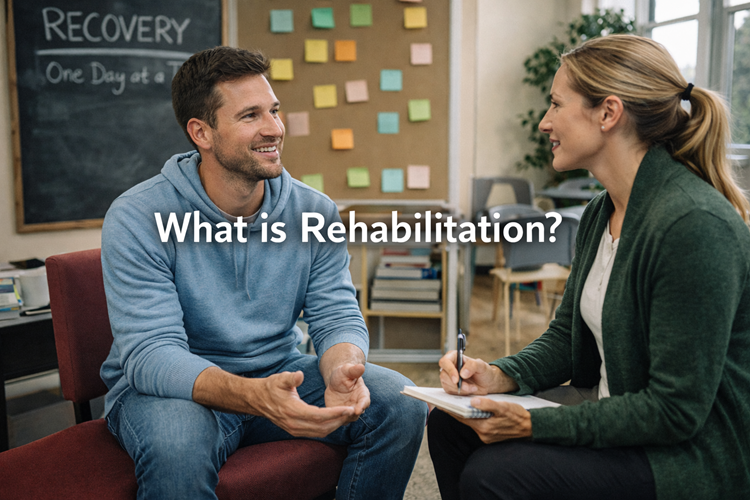Today more than ever being connected all the time is a must. We live, work, and connect with others in ways we never dreamed of — using smartphones, social media, and constant 24/7 internet access. While these technologies are good, they also have downsides (especially when it comes to our mental health). Being ‘always on’ can cause stress, anxiety, depression, and other mental health challenges.
Psychological Impact of Being Constantly Connected
Internet connectivity has shifted the way that consumers perceive and interpret information. We spend much of our time reading emails, messages, and notifications on social networks, which makes us overloaded. This is another bad habit that is commonly known as information overload and it affects our attention span, memory, and concentration. That is why it is hard to concentrate on one task when notifications and interruptions occur frequently – this is what researchers call “attention residue.”
When we are through with one task and move to another, there is a tendency for the brain to still dwell on the previous task. It becomes difficult to focus on any particular task and it may also lead to mental exhaustion. Further, it results in a condition of constant alertness even for non-urgent information, thus Increasing stress and anxiety.
Social Media and Culture of Comparison
Modern society cannot imagine their life without using social media. Even though these applications help us communicate and show our daily experiences, we cannot avoid the comparison. As we are exposed to a curated version of other people’s lives, we can easily get into the comparison trap with the idealized versions of reality. The comparison culture has been related to negative mental health such as depression, anxiety, low self-esteem, etc.
What research has shown is that the more one uses social media, the more one feels lonely and unsatisfied. This is because we are so leaned to comparing ourselves to other people’s achievements, other people’s holidays, and what seems like perfect lives. It can steadily bring to low self-esteem and other mental disorders.
Websites and applications are also designed so that it’s difficult to disengage and move on, algorithms make sure we don’t miss out on other content that is grabbing our eye. This then may lead us to spend more and more time in front of the screen and be more and more dependent on having the screen in front of us all the time. It can then become an endless cycle of looking at it, checking, comparing, and feeling insufficient.
Impact on Sleep and Circadian Rhythms
Another consequence of constant connectivity is the lack of sleep. There’s a lot of evidence that the blue light that emerges from smartphones, tablets, and computers disturbs the body’s production of melatonin — the hormone that tells you when it is time to sleep. It can be difficult to fall asleep if you’re awake and using screens late at night, it can also disturb your body’s clock.

If there is no proper sleep, then the person can develop mental disorders like anxiety, and depression as well as increased irritation. The more we sleep deprive ourselves, the more trouble we have with stress, and all the other challenges of life. According to studies, not getting enough sleep is linked to poor mood, poor cognitive health, and problems in decision-making and emotional management.
Being in constant contact all the time is a lot for many. Those who have mental health problems may find FOMO for notifications or messages will exacerbate the problem and impact sleep.
If Constant Connectivity is Taking a Toll on Your Mental Health, Orlando Treatment Solutions Can Help
Being connected at all times can be a huge mental health load. If you find yourself overwhelmed with anxiety, stress, or other mental health challenges, it is advisable to seek professional help. Orlando Treatment Solutions specializes in helping individuals through our personalized mental health treatment programs aimed at anxiety, depression, and other mental conditions. Contact us today to learn more about our comprehensive treatment and get ready to start your journey to better mental health.
The Link Between Connectivity and Anxiety/Depression
Several Studies reveal the correlation between the constant connection and mental health problems, including anxiety and depression. The fear of missing out (FOMO) only worsens this issue. A lot of people feel the urge to be active on social networks, to read news, or to check messages. This constant desire to be up-to-date and informed can result in stress, a rise in heartbeat rate, and the worst scenario a panic attack.
For some, the absence of online interaction can create feelings of isolation, even though they may have in-person support systems. Also, the ‘likes’ and comments on social networks imply that many users want to receive approval subconsciously. When that validation fails to happen it results in feelings of rejection or low self-esteem.
In addition, the pressure to always look good on social media causes the so-called “social media anxiety disorder” which means that people feel compelled to act in a certain way and get a certain response. This pressure can lead to stress, anxiety, and depression; particularly among the youth.
Ways of Dealing with Constant Connectivity
Technology and social media are an inevitable part of today’s society and still, it is possible to find a way that you can use them without them controlling you. Here are some tips to help manage constant connectivity and protect your mental health:
- Set Boundaries with Technology – Set particular hours in a day, to attend to emails and social media, and refrain from doing so at other hours. It could help in minimising anxiety, and also avoid being overwhelmed with an excess of information.
- Engage in a Digital Detox – A digital detox is not about avoiding technology completely but leaving it for some time. It is enough to abstain from using technology at least one day a week or limit the time spent in front of a screen in the evening to ease stress and have better sleep.
- Limit Notifications – Some of the most effective ways include; silencing the phone disabling certain apps that pop up constantly or using the focus mode. This helps you be in a position to decide the frequency and time you wish to attend to your devices to avoid several interruptions.
- Prioritize In-Person Connections – Spend time and efforts in building personal relationships and engage in activities that do not require the use of the Internet. Having physical contact with friends or family will improve the mental health status of an individual.
- Practice Mindfulness and Stress Management – They include practicing mindfulness through meditation, breathing exercises, or performing yoga exercises. The following are some of the activities that you can undertake to build your resilience as well as reduce the anxiety that comes with the use of technology.
In this way, it is possible to stay connected, without letting the technology control you. While being constantly connected can be convenient it does have adverse effects on our mental health. Being ‘on’ all the time, can harm our mental well-being and leads to increased stress and anxiety, exacerbates social comparison, and disrupts sleep. Finding a healthy balance between technology and mental health is critical as we live in the digital age.

If you or someone close to you is facing these issues, it is advisable to seek professional help. At Orlando Treatment Solutions, our staff of mental health experts and therapists are here to help you find the balance and live a more fulfilling and stress-free life. Contact us today for a consultation.



























